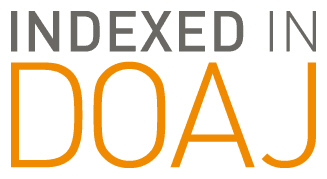Abstract
This paper presents findings from a peer-to-peer mentoring program supporting ethnically diverse first-generation students at a mid-sized university in the Southwest. Research on mentoring during the undergraduate years has placed emphasis on the quality of lived-collegiate experiences from both a peer-mentor and mentee perspective (Crisp, Baker, Griffen, Lusnford, & Pifer, 2017). Using a mixed methods approach, two survey instruments and qualitative analysis, interviews with peer-mentors and mentees suggested student development occurred through various means: (i) academics, (ii) university involvement, and (iii) the reinforcement of friendship. These findings reinforce theory first drawn from Tinto’s (1993) student integration perspectives (e.g., academic and social integration). Peer-mentors fulfilled their roles, while mentees who were actively involved in the program reported to have benefitted the most. The effectiveness of the mentoring program highlighted contributions to enhancing, at least one of the following, for all mentees: first-year experience, degree of college involvement, and overall retention rate.
Recommended Citation
Flores, Griselda Ph.D. and Estudillo, Antonio G. Ph.D.
(2018)
"Effects of a Peer-To-Peer Mentoring Program: Supporting First-Year College Students’ Academic and Social Integration on Campus,"
Journal of Human Services: Training, Research, and Practice: Vol. 3:
Iss.
2, Article 3.
Available at:
https://scholarworks.sfasu.edu/jhstrp/vol3/iss2/3
Included in
Educational Assessment, Evaluation, and Research Commons, Higher Education Commons, Other Education Commons, Race and Ethnicity Commons
Tell us how this article helped you.
